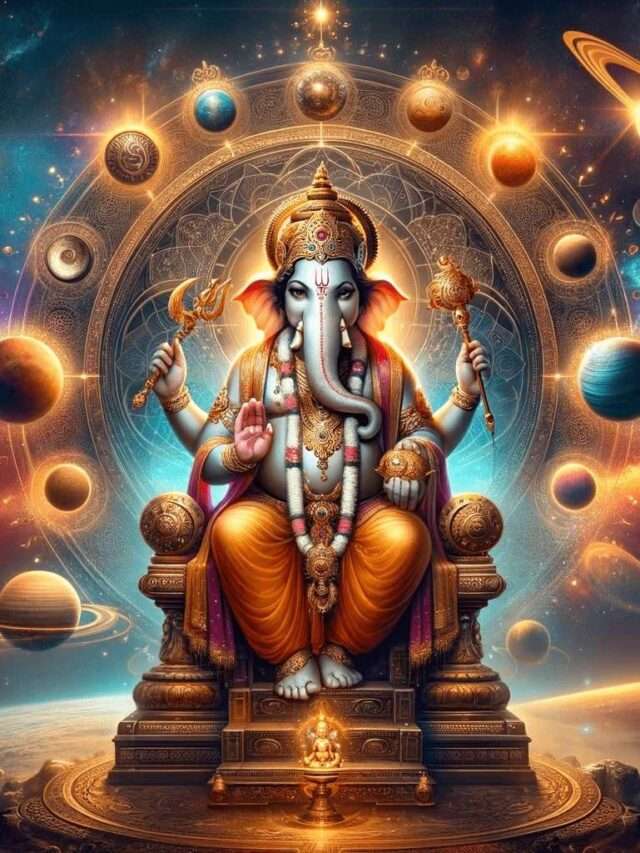पाञ्चजन्यं हृषीकेशो देवदत्तं धनंजयः।
श्रीमद्भगवद्गीता 1.15
पौण्ड्रं दध्मौ महाशङ्खं भीमकर्मा वृकोदरः।।
Panchajanyam Hrishikesho Devadattam Dhananjayah
Shrimad Bhagavad Gita 1.15
Poundram Dadhmau Mahashankham Bhimakarma Vrikodarah
Lord Shri Krishna blew his Panchajanya and Arjuna his Devadatta, brave Bheema his renowned shell, Poundra.
English Translation of BG 1.15
This verse from the Bhagavad Gita highlights the commencement of the Pandavas’ response to the Kauravas with the blowing of their conch shells. Each conch shell, with its own history and significance, announces the readiness and resolve of the Pandavas to uphold righteousness (dharma) in the face of conflict.
Insights into BG 1.15: Reflecting on Swami Ramsukhdas Ji’s Divine Commentary
The Symbolism of the Conch Shells
The conch shells represent the call to action and the awakening of one’s inner spirit to fight against injustice and immorality. Each conch shell, named according to the virtues and achievements of its owner, signifies the unique attributes and contributions of each warrior to the battle and, by extension, to the path of dharma. The sound of these conches transcends the physical realm, touching the core of every being, urging them to align with their highest principles.
Panchajanya: The Call of Divinity
Krishna’s conch, Panchajanya, symbolizes divine victory and the omnipresence of the Supreme. It represents the ultimate call to righteousness, awakening the divine essence within each soul. The sound of Panchajanya is a reminder that God’s will is paramount and that surrendering to the divine plan leads to ultimate success and liberation.
Devadatta: The Victory of Virtue
Arjuna’s conch, Devadatta, symbolizes victory (vijaya) that comes through upholding one’s duties and virtues. It represents Arjuna’s achievements and his role as a protector of dharma. The sound of Devadatta is a call to action for those who seek to overcome obstacles through righteousness and moral integrity.
Poundra: The Strength of Resolve
Bhima’s conch, Poundra, embodies the strength and the indomitable will to fight against evil. Known for his formidable deeds, Bhima’s blowing of Poundra signifies the power of determination and the fierce resolve to stand against adharma. It is a reminder that strength, when guided by virtue, is a formidable force against injustice.
Conclusion
This verse beautifully captures the essence of unity, courage, and the divine purpose behind the Kurukshetra war. The blowing of the conch shells by Krishna, Arjuna, and Bhima serves as a profound symbol of their commitment to righteousness. It teaches us that in life’s battles, it is not just physical strength but the moral and spiritual resolve that determines the outcome. The sounds of Panchajanya, Devadatta, and Poundra invite us to awaken our inner strength, align our actions with our highest dharma, and courageously embark on the path of righteousness, guided by divine wisdom and virtue. Through their echoes, we are reminded that wherever there is dharma, there will always be victory, peace, and eternal justice.


